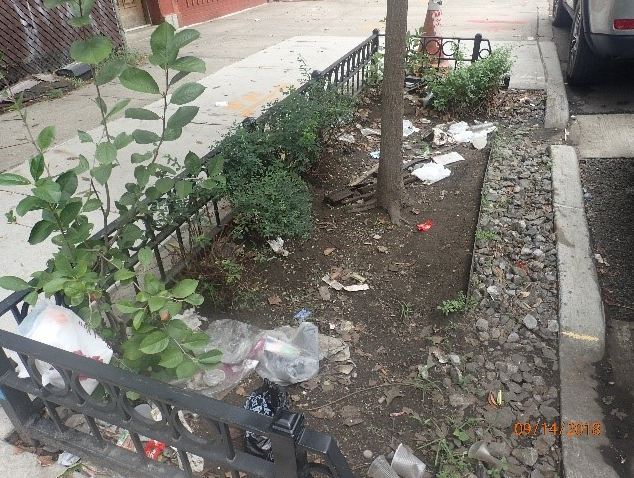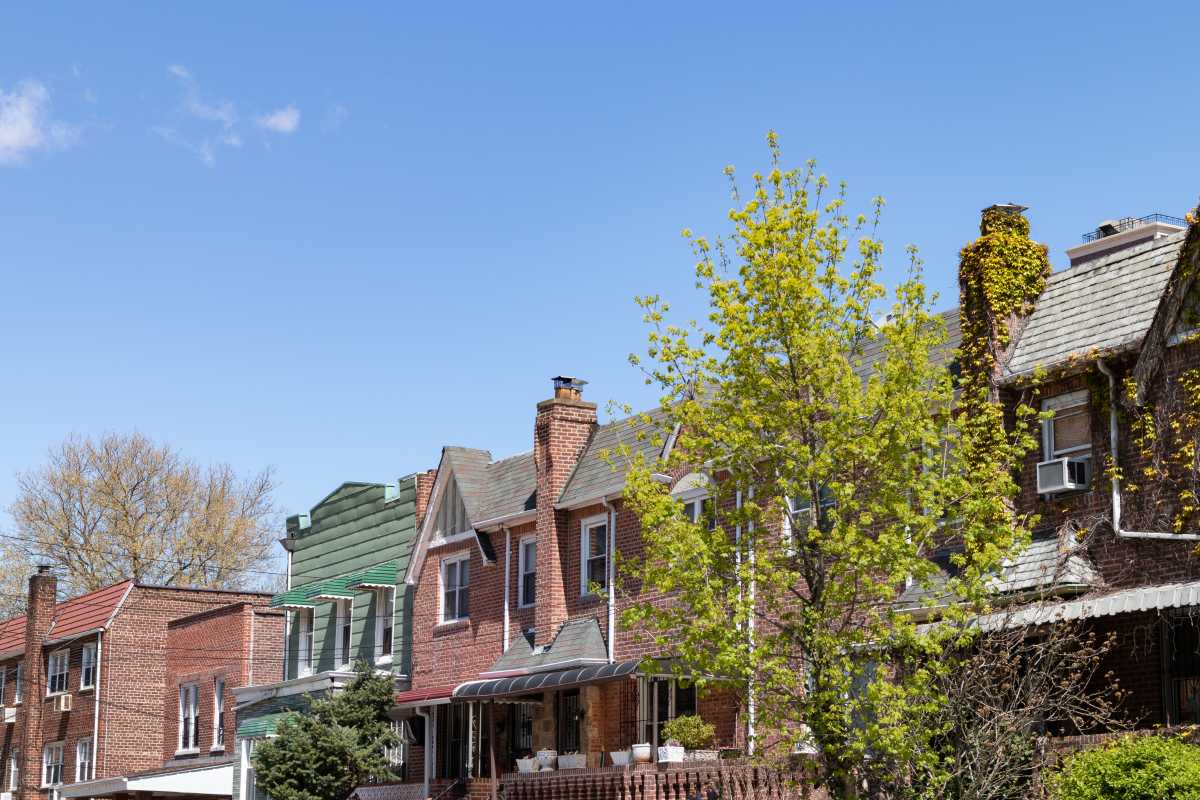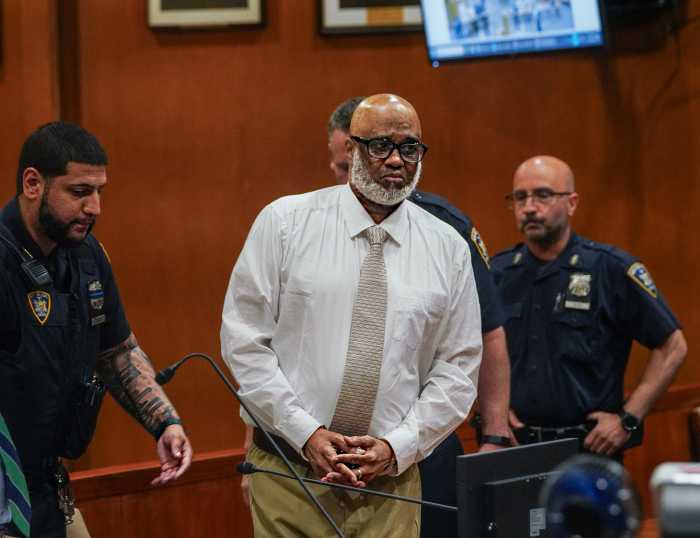The city has spent millions on “rain gardens” (a.k.a. bioswales) to help beautify communities and ease the sewer system — but City Comptroller Scott Stringer said on Monday that one agency is failing to properly maintain them.
Of the 102 rain gardens audited by Stringer office in the Bronx, Queens and Brooklyn, 95 of them were found to be in poor maintenance as the DEP would define it.
The build-out of rain gardens, designed to absorb storm water rather than letting it impact sewer systems and contaminate waterways, began in 2016 with much opposition from communities in northeast Queens and south Brooklyn.
There are 4,000 bioswales in the city which have cost taxpayers $161 million.
DEP now says New York Harbor is at its cleanest levels since the Civil War. An agency spokesman said they have been monitoring and recording the health of the waterway since 1905 and the degradation of the harbor prior to that has been estimated by studying media reports from the era.
But Stringer said on Dec. 16 the DEP can’t afford to neglect rain gardens or allow them to turn into neighborhood blights.
“Seven years after our city was devastated by Superstorm Sandy, we cannot afford to shirk our responsibility to improve its resiliency,” said Stringer. “We must use every tool we have to lessen the devastating impacts of future storms… DEP must step up to the plate and properly maintain these vital resources. We cannot win the battle to protect New Yorkers against the next superstorm and keep our waterways clean if we allow these vital resources to fall into disrepair due to neglect.”
About 66 percent of the rain gardens examined by the comptroller’s office found that sentiment had built up in the gravel strip of rain gardens had a buildup of sediment as well as compacted and depleted soil. while some are missing plants and trees, others have been taken over by weeds, Stringer claims.
Only seven of the bioswales in the survey had no visible deficiencies.
“Rain gardens are a critical component of protecting the environment and in order to ensure the continued success of the program we instituted most of the recommendations prior to the Audit,” a DEP spokesman said.
Stringer’s office recommended both written and photographic records be made of the state of bioswales during each visit by the agency and that performance targets be made for supervisors to make a structured approach to upkeep.
Starting in 2016, residents of Flushing and Bayside made their objections to the bioswale program clear claiming that trees planted in the installations would not only cause damage to sidewalks but that the rainwater buildup would attract mosquitos. Later in 2017, the DEP began offering an opt-out program for residents who did not want a rain garden in front of their property.
“Constituents have had legitimate concerns about bioswales for some time now,” state Senator John Liu, who represents northeast Queens, said. “This survey gives people a platform to share their experience and insight, providing helpful data to assess the effectiveness of bioswales and determine whether these installations are, in fact, fulfilling their purpose.”





































